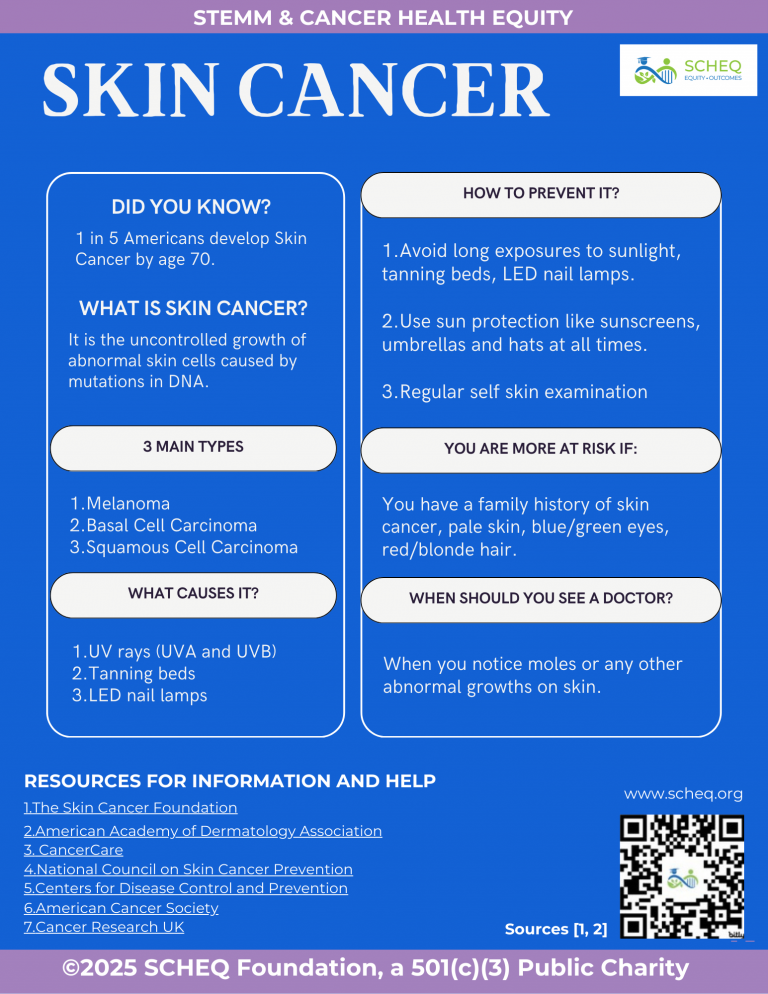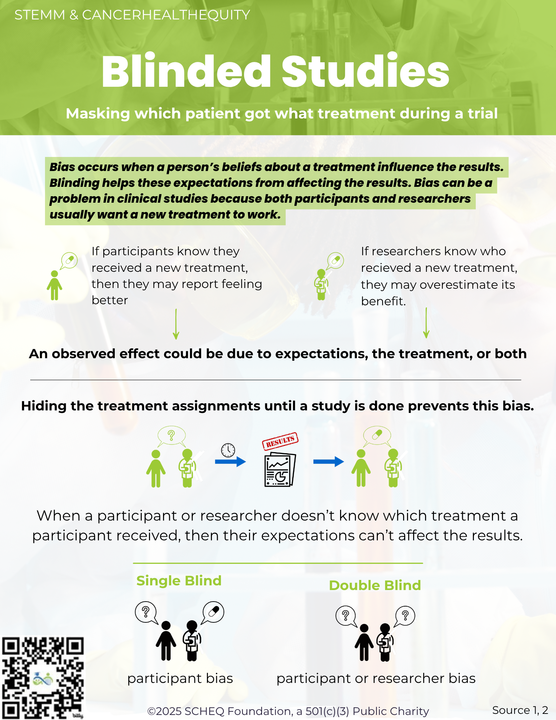Mary Elliott Hill was an organic and analytical chemist who researched ultraviolet light and used it to develop more precise analytical methods. She was born under segregation in North Carolina. She received her BS (1929) in Chemistry from Virginia State College for Negroes, or what is now known as Virginia State University (VSU). She then taught chemistry at VSU’s high school before becoming a faculty member in 1937 at what is now Hampton University (previously Hampton Institute or Hampton Normal and Agricultural Institute). While at Hampton she would become a full-time professor while completing graduate coursework at the University of Pennsylvania (Penn). She received her MS (1941) in Chemistry from Penn and is thought to be the first African American women to earn a Chemistry Master’s.
Subsequently, she taught at Bennett College and then taught chemistry at Tennessee A&I State College, now known as Tennessee State University (TSU), from 1944 to 1962. She moved with her husband to Kentucky State University (KSU) (formerly Kentucky State College) and they worked on many projects to track the progress of chemical reactions. Her biggest achievement came through her work on ketenes, which are gases that are difficult to work with. Her work made it easier to determine the solubility of components in non-aqueous solutions and improved chemists’ ability to identify and quantify products. This was the foundation for ketene polymerization, which is required for the synthesis and production of plastics.
She authored or co-authored more than 40 publications and two textbooks but was never cited as a senior author on any of them. Likely because of her being Black and a woman. She was a big proponent of encouraging African American women to enter STEM careers. She created American Chemical Society (ACS) student chapters where she taught, mentored, and helped 20 students find chemistry careers. She was active in her community and was a member of Beta Kappa Chi, the Tennessee Academy of Science and, the National Institute of Science (NIS). She passed away in 1969.
References:
- https://awis.org/historical-women/mary-elliott-hill/
- https://samepassage.org/mary-elliott-hill/
- https://www.mdpi.com/2673-9321/2/3/43
- https://now.northropgrumman.com/precipitating-potential-female-trailblazer-mary-elliott-hill
- https://www.encyclopedia.com/history/encyclopedias-almanacs-transcripts-and-maps/hampton-institute



